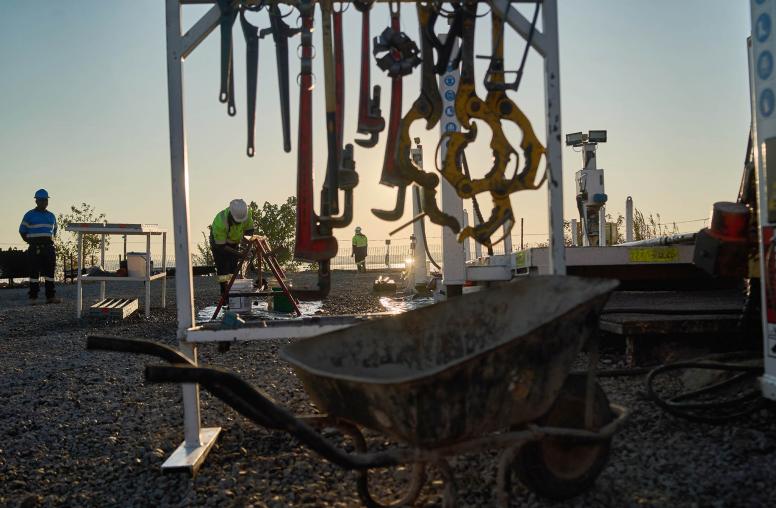Diplomacy in Conflict: Improving on Special Envoys
Nearly every modern U.S. administration has named special envoys or special representatives to address high-stakes conflicts by applying the kind of concentrated attention that exceeds the day-to-day capacity of the State Department and other regular bureaucratic structures. But how well does this approach really work? And what should be done to bolster the effectiveness of these envoys?

The U.S. Institute of Peace and the American Academy of Diplomacy recently published a Special Report, Using Special Envoys in High-Stakes Conflict Diplomacy, to explore these issues. Authors and former envoys Ambassador Princeton Lyman (USIP) and Ambassador Robert M. Beecroft (AAD) drew their findings from interviews with former U.S. envoys and other officials, as well as memoirs and published reflections. On Dec. 19, 2014, USIP and AAD hosted a discussion examining the relevance and effectiveness of the current model and delving deeper into the report’s recommendations.
The panel featured Ambassadors Lyman and Beecroft, as well as former envoy Ambassador Dan Kurtzer and Humanity United Vice President of Policy and Government Relations David Abramowitz. Former Congressman Tom Perriello, who is leading the State Department’s Quadrennial Diplomacy and Development Review, moderated the discussion.



